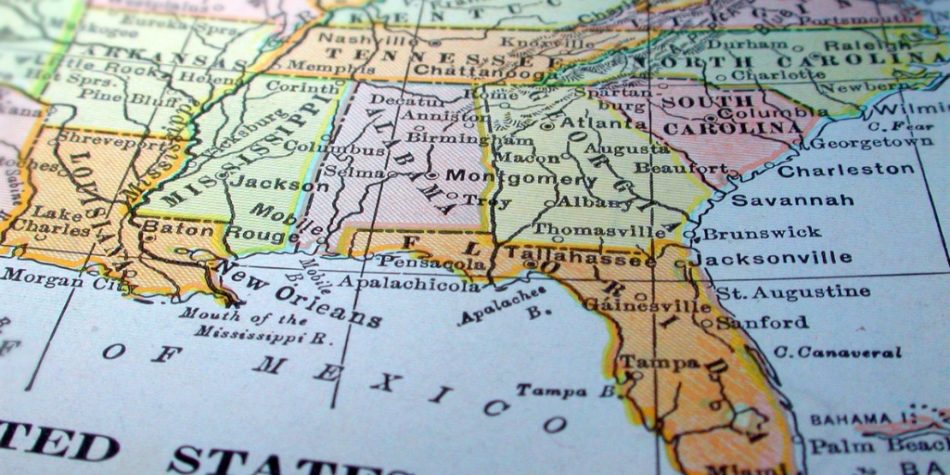Rooted in racism and economic exploitation: The failed Southern economic development model

Summary: Southern politicians claim that “business-friendly” policies lead to an abundance of jobs and economic prosperity for all Southerners. The data actually show a grim economic reality.
Key findings
-
The share of prime-age workers (ages 25–54) who have a job is lower than the national average in most Southern states.
-
Median earnings in nine Southern states are among the lowest in the nation, even after adjusting for lower cost of living in the South.
-
Poverty rates in most Southern states are above the national average. In Louisiana and Mississippi, nearly 1 in 5 residents live in poverty.
-
The child poverty rate in the South is 20.9%—higher than in any other region.
-
These statistics reflect an anti-worker economic model whose signature policies are low wages, low taxes, few regulations on businesses, few labor protections, a weak safety net, and vicious opposition to unions.
Why this matters
A long history of anti-worker policies in the South—rooted in a racist agenda—has had devastating consequences for its residents. Business interests and the wealthy have stoked racial divisions to maintain power and ensure access to cheap labor—at the expense of working people.
How to fix it
We must begin to reverse 150 years of anti-worker policymaking in the South—starting with raising minimum wages and protecting workers’ right to organize. We also need to enforce appropriate regulations on business practices, reform a broken tax structure, and strengthen the safety net for Southerners.




